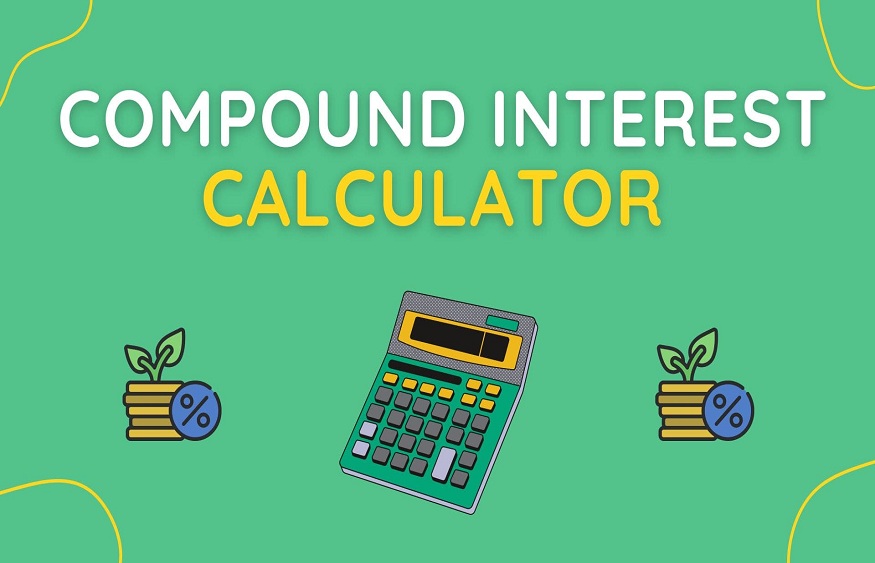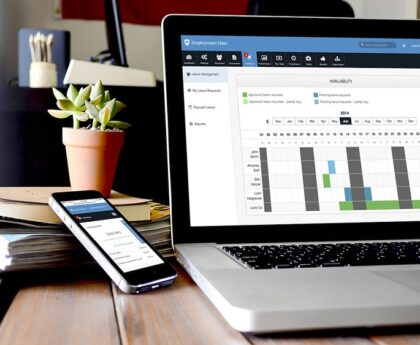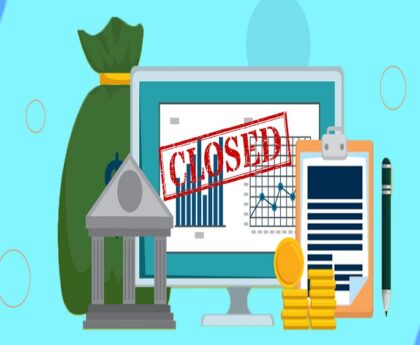We incur interest rates almost everywhere, don’t we? Sometimes, these interest rates are on our side (like for savings and investments) and, sometimes, a burden (loans). What is greater than the factor of simple interest? It is – compound interest. Have you heard of the power of compounding? If you have not, this post will tell you everything you need to know about it.
What is Compound Interest?
Compound interest is the interest on savings computed on both the initial principal and the interest earned over time.
The power of compound interest, or “interest on interest,” will cause a sum to rise faster than simple interest, which is calculated just on the principal amount. Compounding accelerates the growth of money. The compound interest will be bigger the more compounding periods there are. Compound interest can assist your assets but make it more difficult to pay off debt.
How Does Compound Interest Work?
The annual interest rate is multiplied by the number of compound periods multiplied by one to determine compound interest. The total initial principal or loan amount is then deducted from the final assessment.
The compound interest formula is as follows:
= [P (1 + i)n] – P
P = principal
i = annual rate
n = number of compounding tenures
You can also use the Compound Interest Calculator to make this calculation. It is an online tool that uses the same formula above and gives you instant solutions without the fear of human error that can happen during manual calculations.
Why are Compound Interest Calculations Important?
Compound interest helps your wealth develop faster. It increases money faster than simple interest since you earn returns on your investment as well as returns at the end of each compounding period. This means you won’t need to save as much money to meet your objectives!
The power of compounding can be invaluable when it comes to increasing money. The sooner you create an interest-bearing account and start saving, the more money you will make through compound interest. It is also important in offsetting wealth-eroding factors like rising living costs, inflation, and a loss of purchasing power.
Places Where Compound Interest Occurs
Compound interest can be beneficial or detrimental depending on whether you are saving, investing, or borrowing money.
Certificates of deposits: If you’re a new investor looking to take advantage of compound interest with as little risk as possible, savings instruments like CDs and savings accounts are just the way to go. CDs need a minimum deposit and pay interest at regular periods, usually at a greater rate than a savings account.
High-Yield Savings Accounts: Even in the case of these accounts, it is a matter of compounding interest rate.
Loans: When you borrow, compound interest works against you. When you borrow money, you must pay interest on any money you do not repay. If you fail to pay your interest charges within the time period specified in your loan, they are “capitalized” or added to your initial loan sum. Following that, future interest is calculated on the new, larger loan sum.
Credit Cards: Every month, your credit card issuer charges interest on your card balance. If you never charge anything further to the card and pay the accrued interest each month, your balance will remain the same. However, if you do not pay enough to cover the higher monthly interest, it will be added to your credit card debt. The larger sum is used to calculate the interest for the next month. Over time, this can cause your balance to deteriorate.
Bonds: Keep in mind that in order to compound the interest on a bond, the interest must be reinvested. Bond funds can also earn compound interest and can be set to be automatically reinvested.
Money Market Accounts: Money market accounts, like savings accounts, pay interest on deposits. Money market accounts, unlike high-yield savings accounts and CDs, which also pay greater interest rates than typical savings accounts, frequently allow for check writing and debit card access. These provide easy access to your investments while yielding somewhat greater interest than a normal savings account.
How to Make Compound Interest Benefit You?
- You should pay off your debts as soon as possible. Compound interest works against you when you borrow money, whether through student loans, credit cards, or other means. The sooner you pay them off, the less you’ll owe over time.
- Give yourself some breathing room. When it comes to compound interest, time is everything. The sooner you start saving or better, start investing, the more time your money has to grow. This is why you should start saving for retirement as soon as possible. The sooner you start, the less money you will have to save from your own pocket. Compounding allows you to increase the value of the bulk of your retirement money.
- Examine the compounding rate. The more often an account compounds interest, the more money you’ll make. (Or else you’ll owe extra.) You want your savings items to compound as frequently as feasible, while your obligations should compound as infrequently as possible.
- Compare interest rates. The annual percentage yield, or APY, gives you a better indication of how much interest you’ll earn or be paid than the annual percentage rate, or APR. This is because the APY takes into account compounding, whereas the APR is the simple interest rate.
Conclusion
Compound interest can boost your investments and savings like no other. We know even loans have compound interest tagged with them, but what if you could earn it all back through your investments and savings? Every attribute has its pros and cons, and this is it for compound interest.





